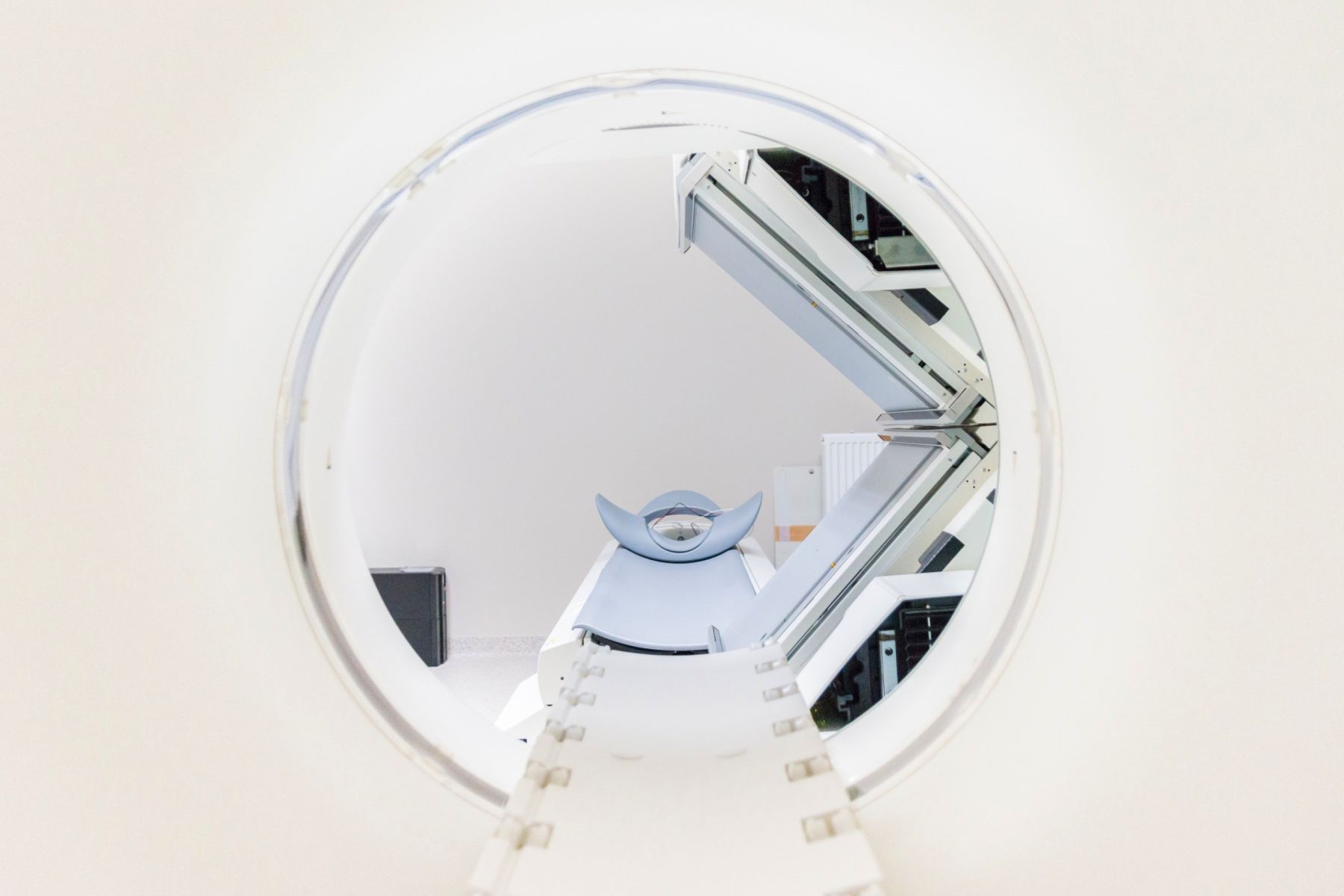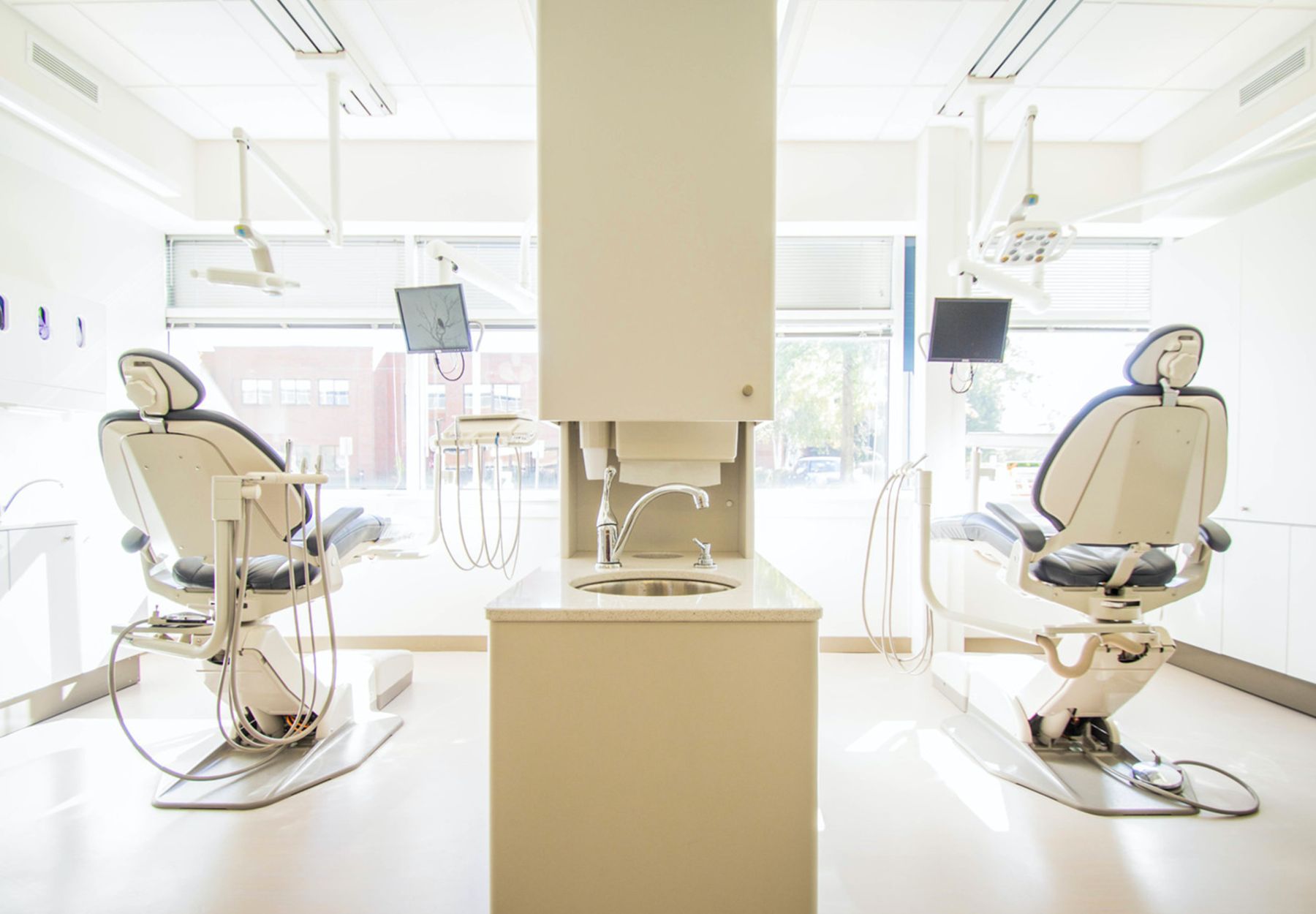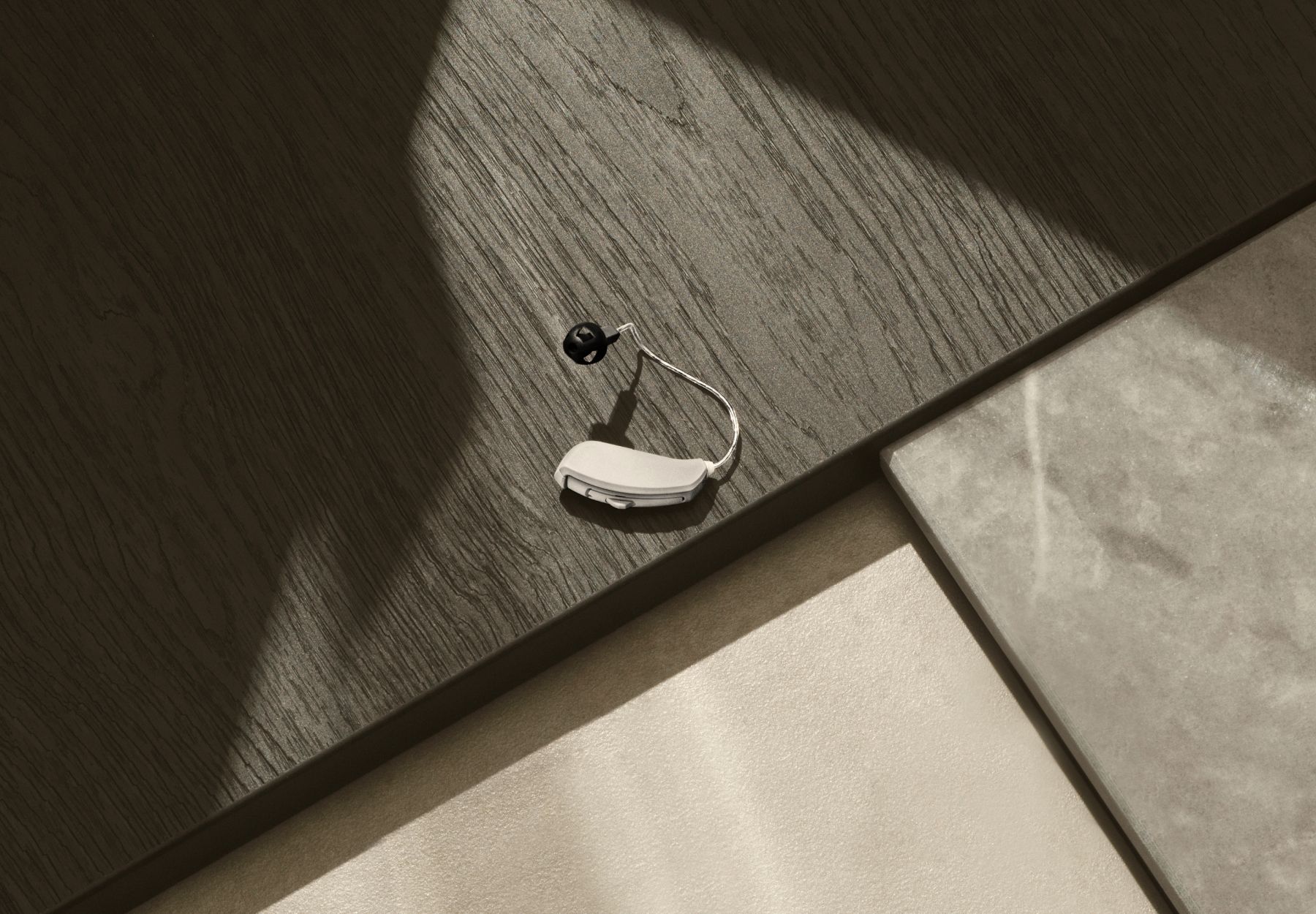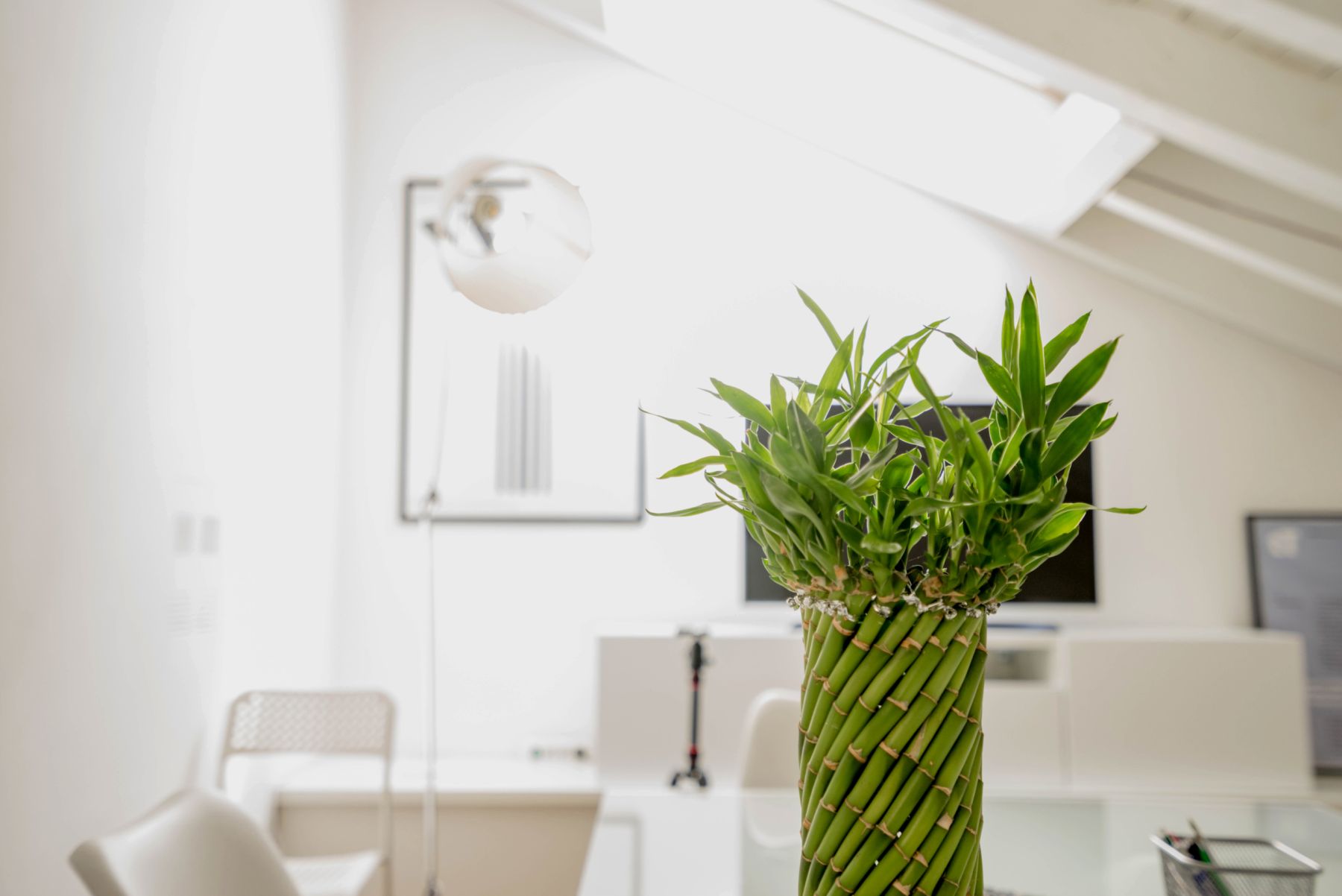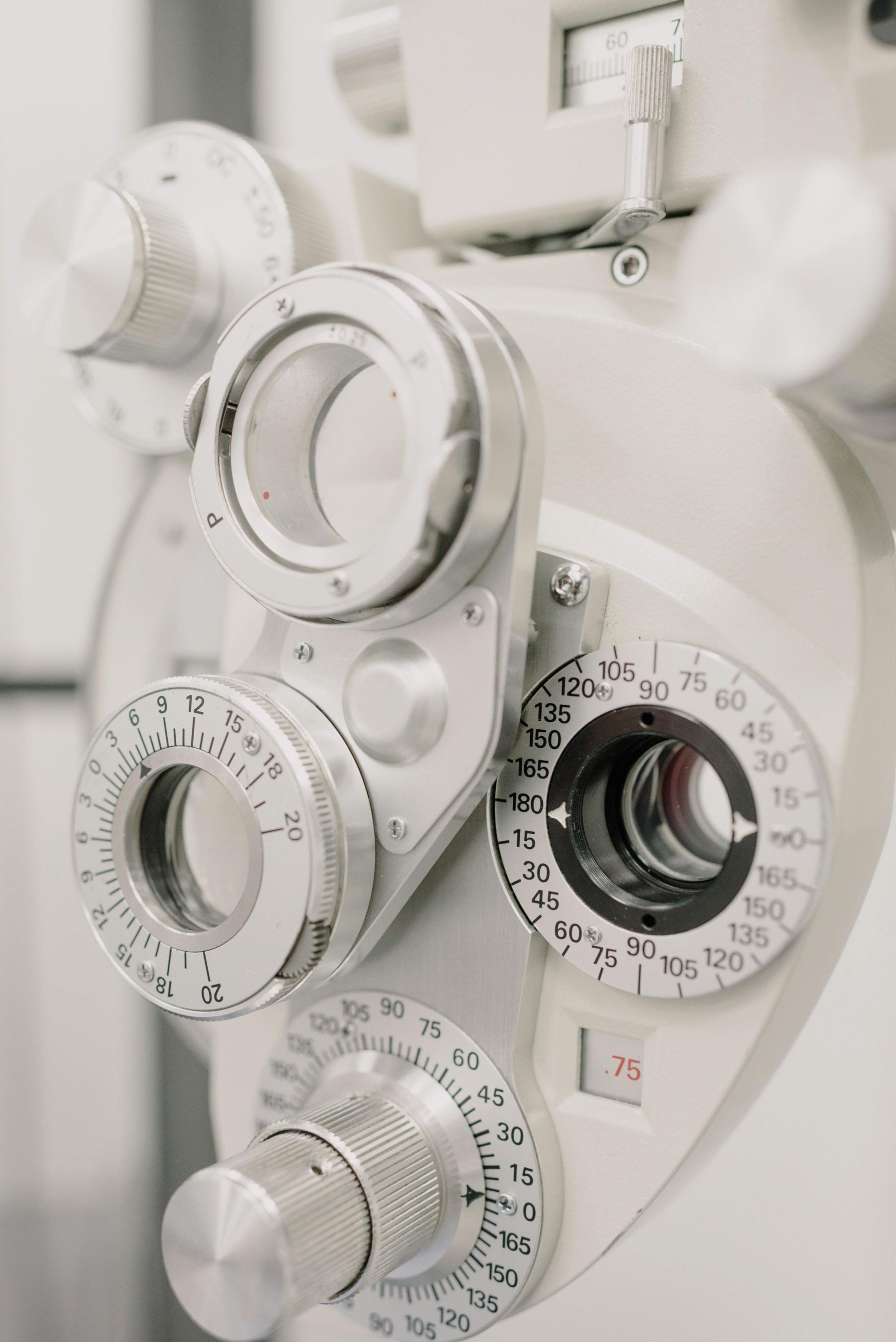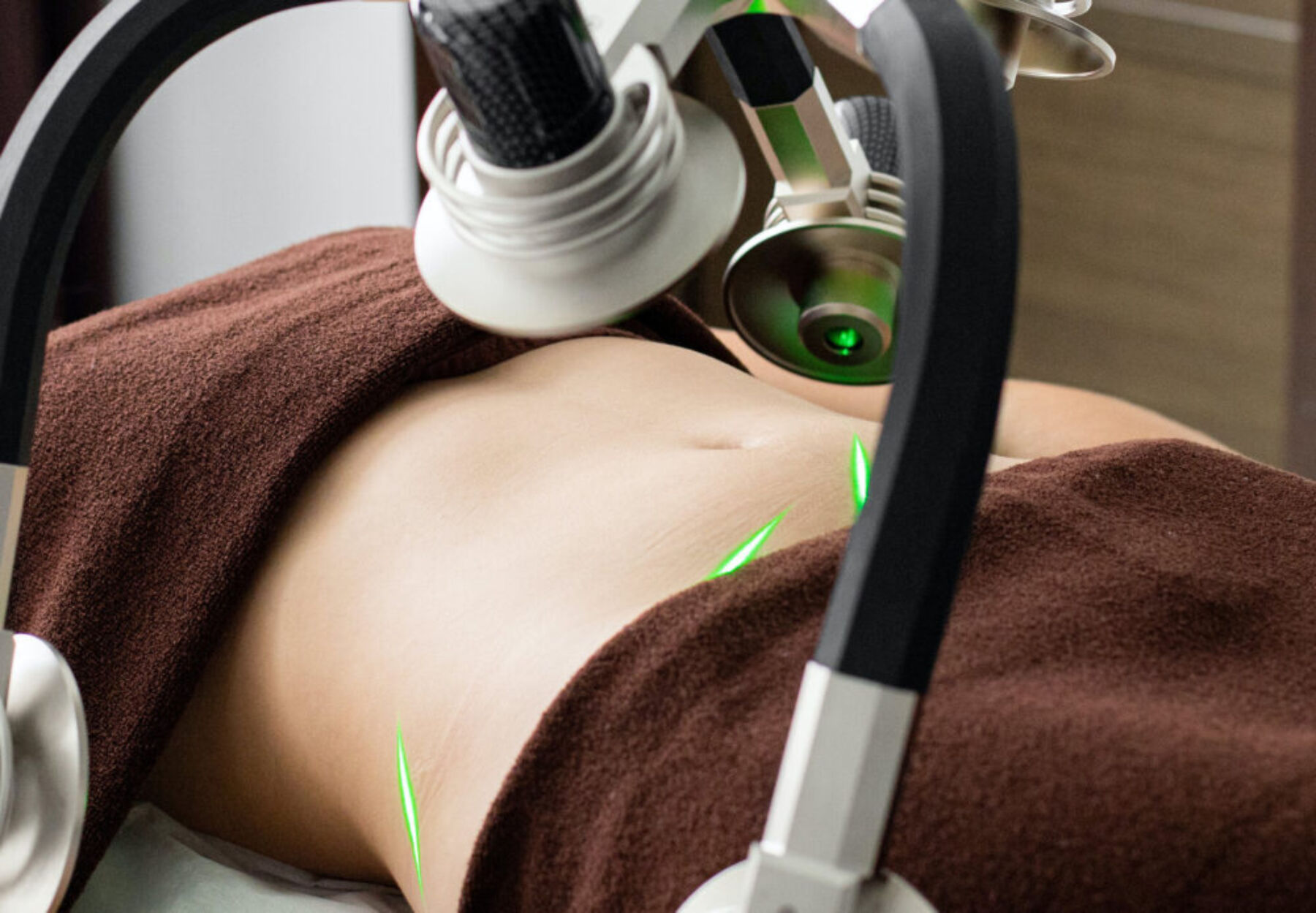Hearing Aids...In My 20s?!
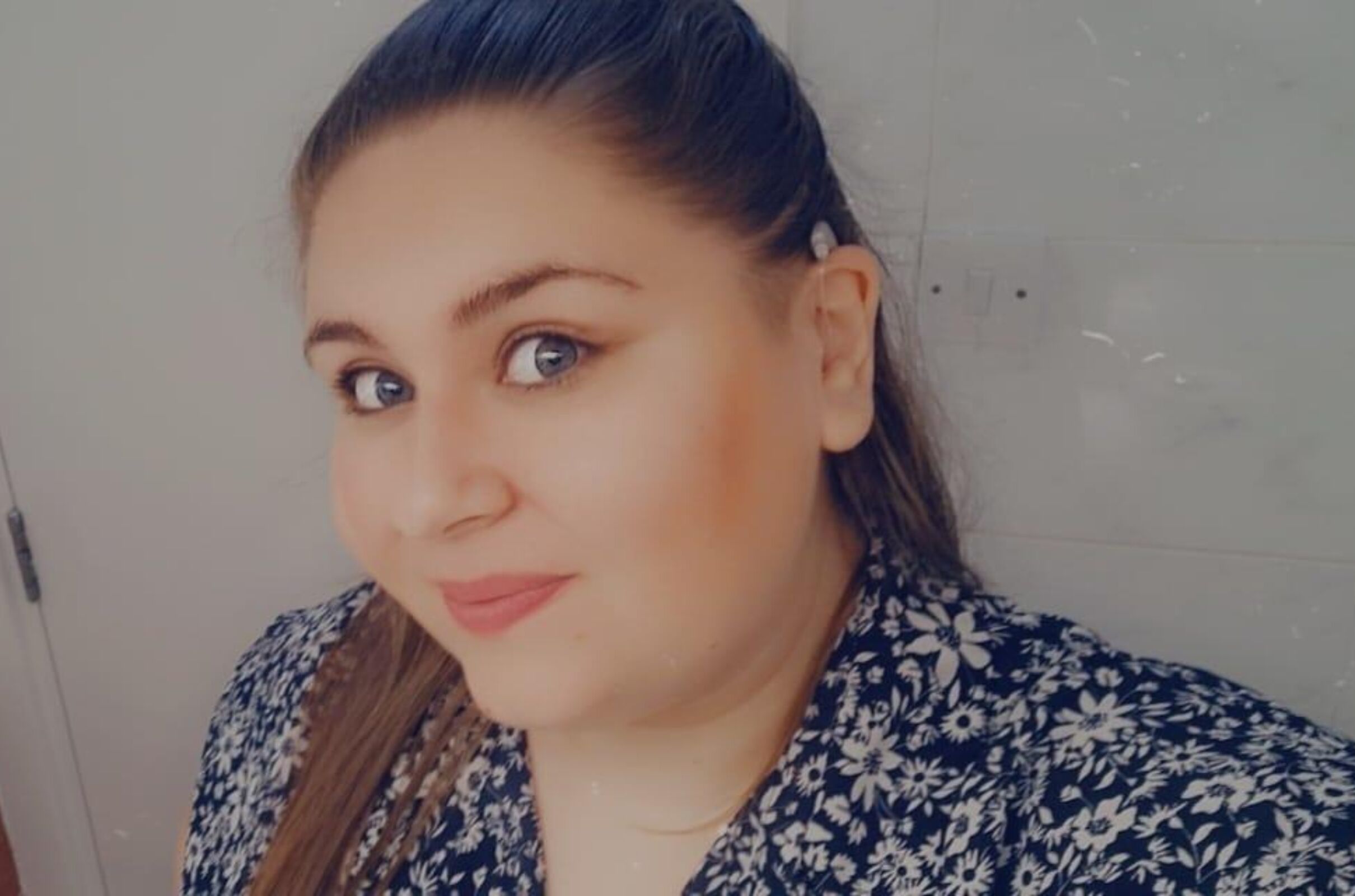
As impractical as it seems, I worried that I would be judged for wearing hearing aids. I presumed people would see weird devices in my ears and instantly make assumptions. They would see them and feel sorry for me or start shouting their words, over pronouncing each syllable as though I needed help understanding their speech. Which actually looking back, if they did that before I got my hearing aids, it would have helped a great deal… I would have understood the difference between the phonics of F and TH for a start. (Seriously never ask me to say free or three…I’ve never been able to hear the difference!)
My Awareness
Luckily I’ve always been aware of hearing loss due to my Dad having hearing loss from the age of 40, both sides of grandparents having hearing aids and I’ve always had some awareness about my own level of hearing loss from an early age. I was taken for a hearing test at the age of 6 because my parents and teachers had noticed I couldn’t pick up on phonics, which massively affected my spelling level and overall work within primary school. At the age of 6 my parents were told I was borderline; I wasn’t eligible for hearing aids because I was too young, and my level of hearing loss wasn’t great enough. I’ve grown up relying on lip reading or asking people to repeat themselves. This was intensified and made more apparent in the pandemic, I often relied on my husband to respond because either I didn’t hear someone or couldn’t lip read because of their mask.
Learning to Cope
Going through the early years of school was hard as hearing loss can affect children in learning situations massively – children can have difficulties locating the source of sound, missing key information, having a shorter attention span, difficulties participating in group discussions, language and literacy difficulties as well as tiredness, concentration fatigue and frustration. Children with mild hearing loss, unlike adults, may not be able to filter out background noise and may also lack the knowledge, vocabulary and context to be able to work out what has been said if they mishear. This means they can miss out on a lot of the new vocabulary and concepts being taught at school. I’ll admit, I struggled at primary school. I was constantly behind in class and struggled with Maths and English.
Meeting the Experts
During my appointment my Audiologist asked if I had struggled with spelling and sounds at school - the penny dropped. Most of these things had impacted me was because of my hearing loss and all the struggling at school, crying at the dining table because I couldn’t understand the homework, and always being told I’m behind suddenly made sense. My Audiologist showed me my audiological evaluation with a graph of certain sounds and the phonics of letters and where I align to it. Similar to the below graph.
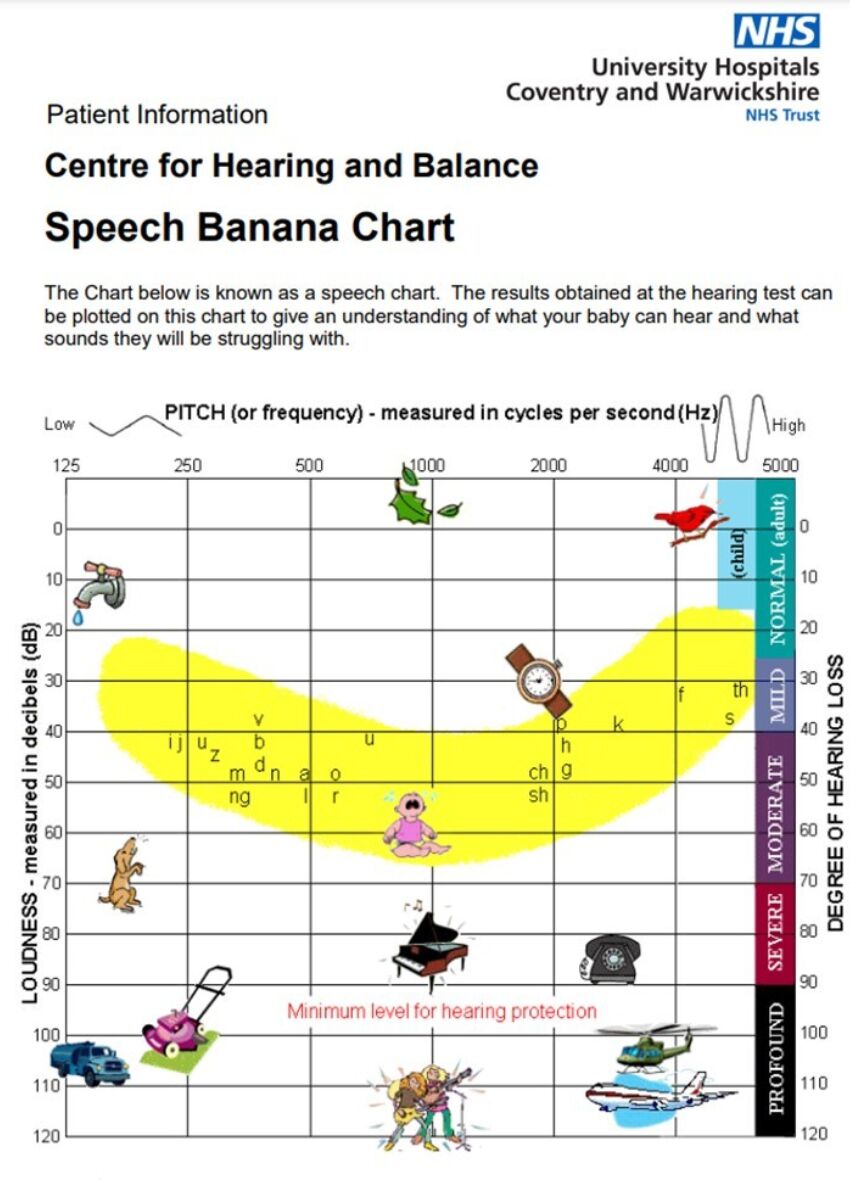
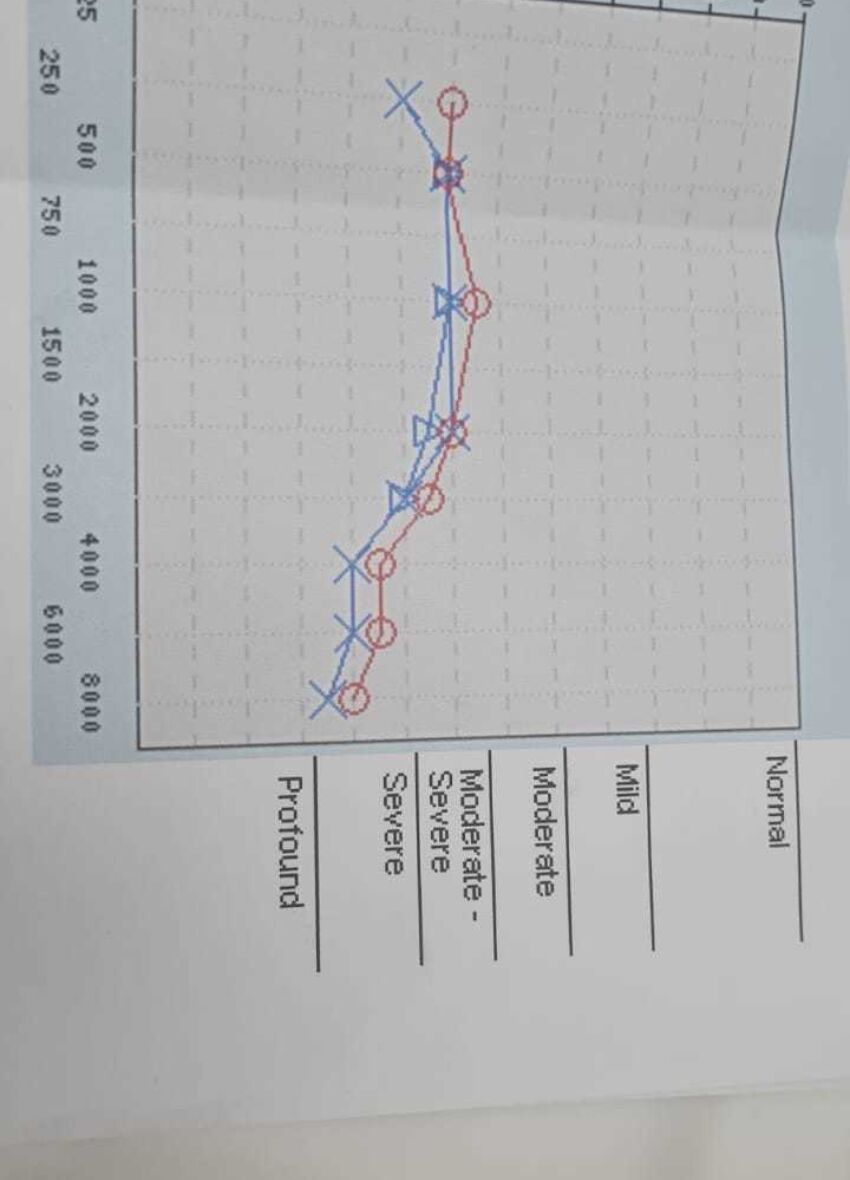
Throughout my life I’ve just thought it was one of those things. You eventually catchup, move to high school get your GCSEs, go to college, get a job and live your life however you want. Even achieving these things, I still thought nothing of it. Until now. Emotion waved over me and after a few minutes of crying we had an open chat about how things had affected me when I was younger and began speaking about the future and moving forward.
A Flood of Emotions
I was fitted with two hearing aids which was a bit unnerving. I always envisioned having one and being able to hide it easily by styling my hair to one side. The Audiologist demonstrated how to wear them, helped me practice removing and refitting them, and how to make them comfortable. The thought of having two hearings aids was overwhelming and again we had an emotional moment. We stopped everything and my Audiologist explained that the reason I need two is because there’s barely a difference in my left and right ear, and for certain tones I’m on the border of being profound. She asked my concerns, we discussed them openly and talked about the first six weeks and the mental/emotional impacts to expect. Hearing loss can cause grief, anger, denial and anxiety. Losing your hearing can make you feel like you lost part of your identity and can cause feelings of sadness and depression. It is common to avoid situations where it is difficult to hear in order to avoid feeling stress, anxiety, and embarrassment about your hearing loss and I’ll admit I’ve done it far too many times. You can feel fatigued because straining to hear properly demands more of your energy. People with hearing loss often feel physically exhausted at the end of the day due to the effort of trying to hear and make sense of what people are saying.
There has been a few moments when I think how are other people going to react? Are people going to treat me differently? Will people notice my hearing aids and shout their conversation at me? How are my Godsons going to react to these new weird devices? How will I eventually navigate parenting with two hearing aids? What have I missed out on so far? But it’s part of the process and part of breaking the Stigma. Luckily, I have a great support network around me, thanks to family, friends and colleagues, who have all been incredibly supportive so far.

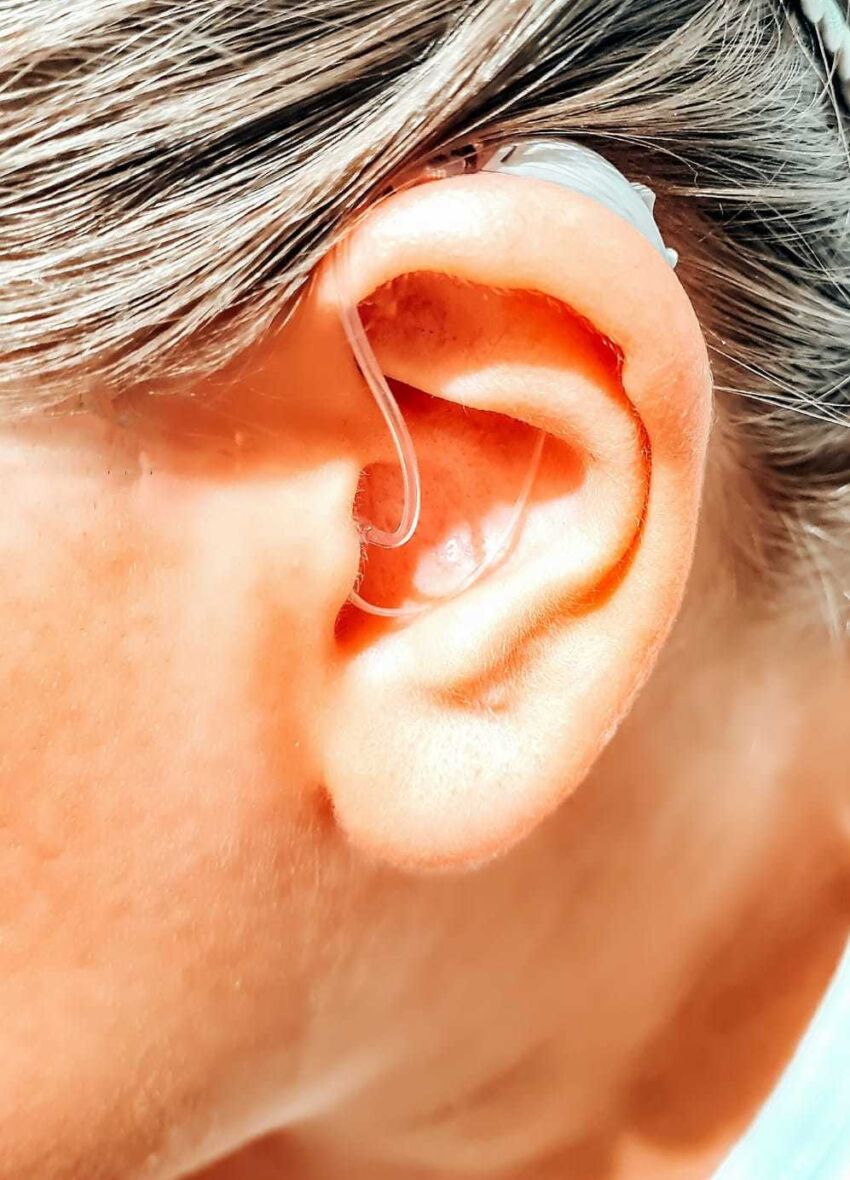
A New World
When leaving the appointment with my newly fitted hearing aids it was like a scene from a film; the church bells were ringing, the birds were chirping, and I could hear everything! Including my incredibly annoying reusable bag, seriously have they always been that noisy?! But I immediately realised how much I had been missing out and the senses my new devices unlocked. I easily navigated these new sounds and realised my own self-consciousness is massively outshone by the benefits and a new quality of life. Initially I had been conscious of how they would look, but these amazing devices are barely noticeable - so much so that no one has noticed I’m wearing them unless I show them.
The first few days have come with some uncomfortableness and, for lack of a better word, weirdness. The headaches roll in from all the new noise, I constantly feel sick and dizzy due to my brain adjusting to them. When you first start wearing hearing aids your brain starts to receive signals it had previously been missing, so there is a big adjustment period. I’ve been working up the hours - doing 4 hours one day, 5 hours the next, so on and so on. I was recommended to watch TV with subtitles and listen to podcasts to ‘practice’ listening to conversations, allowing my brain to learn new sounds which previously may have been muddled. This is a great idea, but I’ve got to admit is the last thing I want to do when I’ve got a pounding headache and feel dizzy!
The first day I came into work with them felt like my first day all over again. I felt so nervous and a little anxious. Would people speak to me differently? How do I explain I’m still adjusting? How do I take a hearing aid break at work? Luckily my colleagues have been amazing and incredibly supportive with my journey.
A Future without Stigma
Moving forward I am beginning to adjust and can really feel the benefit of these amazing devices. I’ve stopped relying on lip reading as much and even if I am taking a little longer to answer because my brain is processing the new sounds, I’m not asking people to repeat themselves as much. If I catch people noticing I just smile and continue as normal. There is too much stigma attached to wearing hearing aids, with the general consensus being that they are generally only for the elderly. The stigma is where my first anxieties and concerns came from. Unfortunately, many people view having hearing aids as a sign of being elderly and in turn, weak, so of course they don’t want to be seen as something they don’t feel. And at 26 I don’t feel elderly yet!
Now I’m proud when people catch a glimpse of them. I’m proud to show them off. I’m proud to be of the younger generation and have hearing aids. I’m proud to be playing my part breaking the stigma and wearing them with pride!
Follow Jess on LinkedIn https://www.linkedin.com/in/je...
